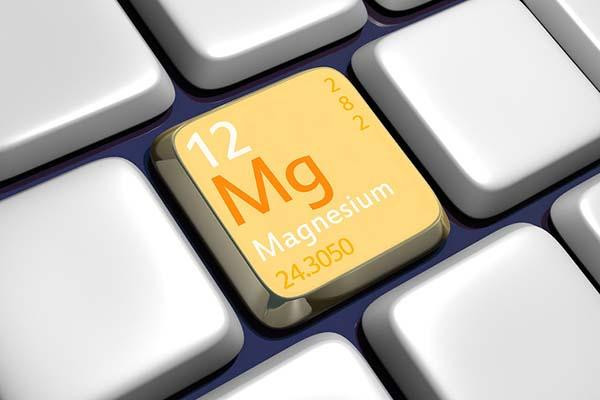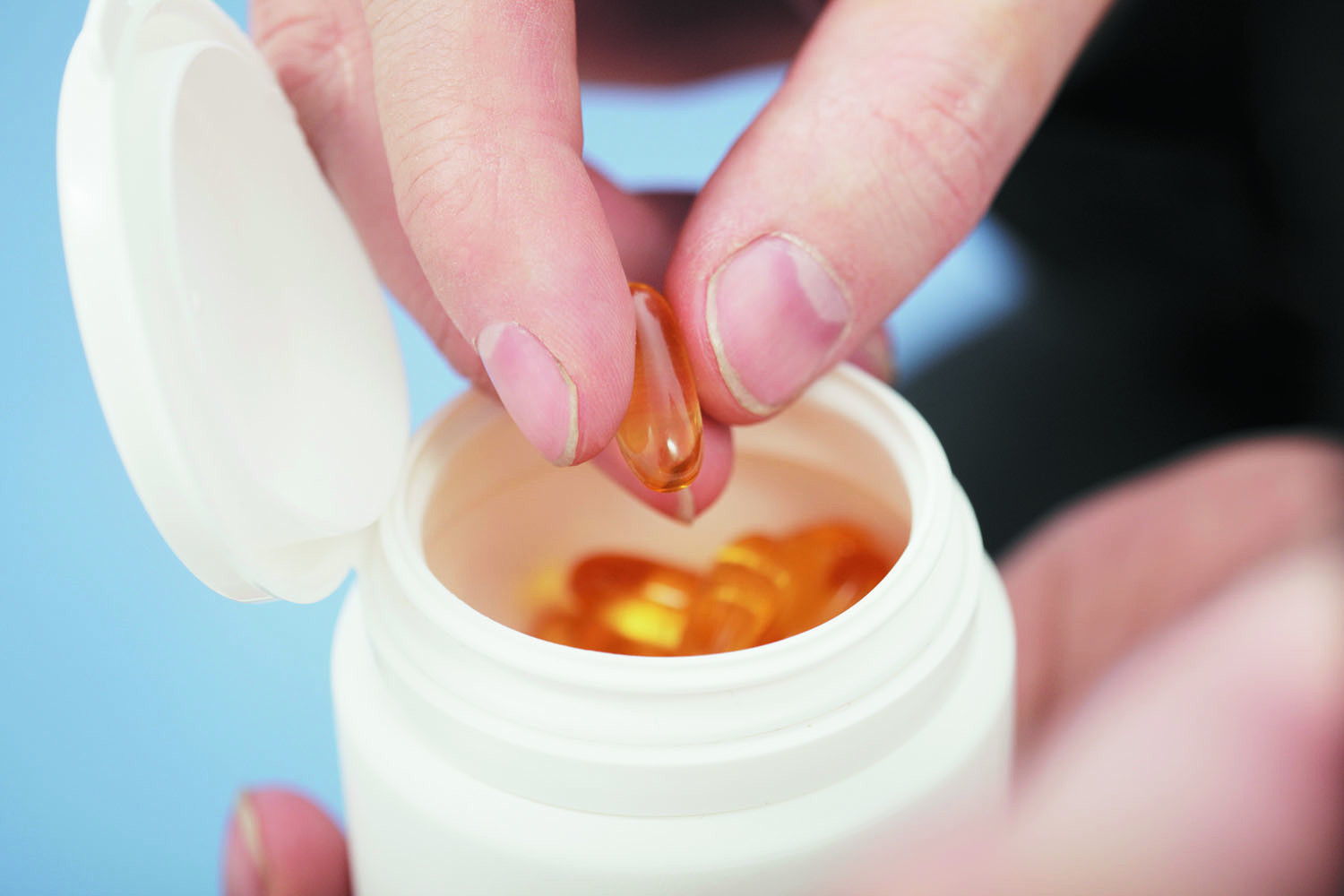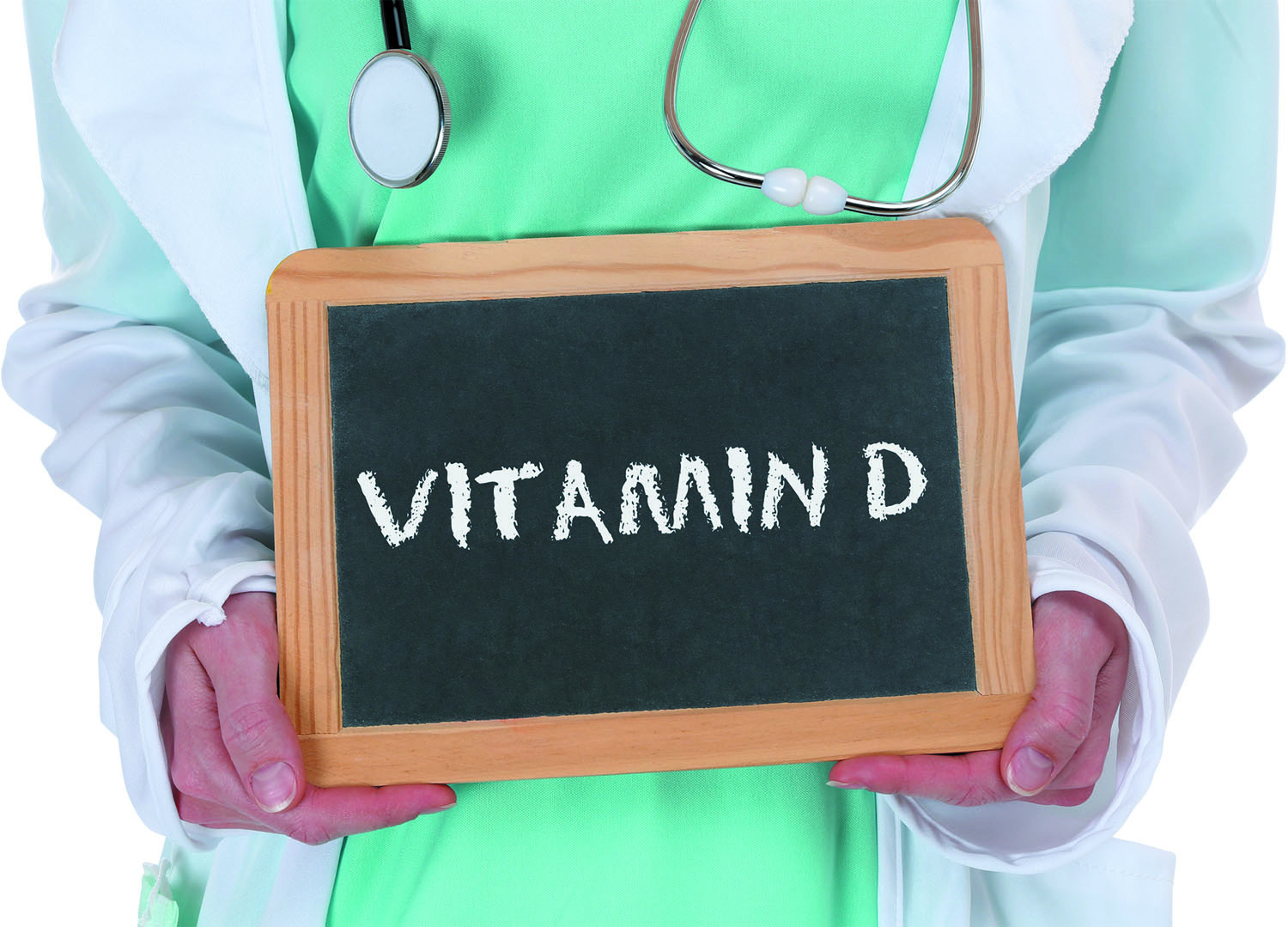
New thinking about plaque in arteries that feed the brain

Want to prevent shifting teeth? Maybe you need retainers

What you need to know about the new dietary guidelines

Food that’s healthier for people and planet can be cheaper, too

New evidence that polyphenol-rich foods help the heart

8 simple ways to reduce ultra-processed foods in your diet

How to curb your stress eating

How to spot Parkinson’s disease symptoms

Heart failure symptoms in women: How they’re different

GERD diet: Foods to avoid to reduce acid reflux
Vitamins & Supplements Archive
Articles
Ginkgo biloba: What's the verdict?
Q: A friend recently recommended that I take the herb ginkgo biloba to protect against getting dementia. Is it effective, and is it safe?
A: The first thing you should consider is that the FDA doesn't regulate the manufacture of any herbal remedy, so the purity and potency of the ginkgo biloba you buy hasn't been checked.
Omega-3 supplements might offer little help against heart attacks
In the journals
Taking a daily omega-3 fatty acid supplement might not reduce your chance of heart attacks or strokes if you already have heart disease or are at high risk for it, suggests a meta-analysis published online Jan. 31, 2018, by JAMA Cardiology.
The researchers compared 10 trials that included almost 78,000 people, approximately 47,000 of whom were men, with an average age of 64. Each trial involved at least 500 people who took daily doses of either an omega-3 fatty acid supplement or a placebo for at least a year. All participants had heart disease, had experienced a stroke, or were at high risk for these conditions.
Can vitamin K supplements help protect against heart disease?
On call
Q. I have read that vitamin K supplements can help prevent heart disease. Should I take them?
A. Vitamin K — which is found in high levels in green leafy vegetables like spinach, kale, and romaine lettuce — plays a role in helping the body make blood clotting proteins. Although some observational studies have suggested a heart benefit from diets high in vitamin K, studies of supplements have not shown a protective effect.
What are the best calcium sources for people who are lactose intolerant?
On call
Image: © Svetl/Thinkstock
Q. How can I get my daily requirement for calcium if I am lactose intolerant?
A. We usually associate high-calcium foods with dairy products, like milk, cheese, and yogurt. If you cannot tolerate these foods from a digestive standpoint, you can still meet your calcium requirement by increasing your consumption of certain green leafy vegetables and calcium-fortified foods.
Should you consider taking a fish oil supplement?
The net benefit of these popular supplements is very limited.
Image: © stocksnapper/Thinkstock
Millions of Americans swallow an amber-colored capsule of fish oil each day, lured by its alleged health benefits. In the supplement aisle of most pharmacies, supermarkets, and big-box stores, the shelves are crowded with different brands of fish oil supplements (see "Fish oil: A brief history"). Many tout benefits for the heart. In fact, the label of one popular brand includes the phrase "May reduce coronary heart disease risk."
But those bold marketing claims haven't caught up with the latest science. Earlier this year, the American Heart Association (AHA) issued an updated advisory about fish oil supplements and their cardiovascular benefits. Their verdict: Fish oil supplements may slightly lower the risk of dying of heart failure or after a recent heart attack. But they do not prevent heart disease. (A separate AHA advisory about fish consumption is slated for release in 2018.)
Heart failure and potassium
Your body depends on the mineral potassium for many bodily functions, including keeping control of the electrical balance of your heart, metabolizing carbohydrates, and building muscle.
Low potassium levels can cause muscle weakness and heartbeat irregularities. On the other hand, too much potassium can cause your heart to stop.
B vitamins may raise risk of lung cancer in men who smoke
In the journals
Smoking causes lung cancer — no surprise there. But a new study found that high dosages of vitamin B6 or B12 supplements were associated with three to four times the lung cancer risk in male smokers compared with smokers who did not take the supplements. The results were published in the Aug. 22, 2017, Journal of Clinical Oncology.
Researchers examined information from more than 44,000 men ages 50 to 76. At enrollment, the men reported on their smoking history and their B vitamin supplement use over the previous 10 years. In the study, high intake of B vitamin was classified as 20 milligrams (mg) of B6 per day or 55 micrograms (mcg) of B12. (The recommended daily intakes for men ages 51 and older are 1.7 mg for B6 and 2.4 mcg for B12.)
How much vitamin D should I take?
Ask the doctor
Image: © Boarding1Now/Thinkstock
Q. I'm confused about vitamin D. How much should I take?
A. There's considerable controversy as to whether most people should take a vitamin D supplement at all. Most of the vitamin D in our bodies is made by our skin, when it is exposed to sunlight. In contrast to most other vitamins, we don't get much vitamin D in our diet. Authorities recommend, however, that children from age 1, and adults through age 70, take 600 international units (IU) daily, and that adults 71 years and older take 800 IU daily. People with, or at risk for, certain bone diseases need to take more than this amount. There's general agreement that doses above 4,000 IU daily can be toxic to adults, with lower doses toxic to kids.
Key ingredient in red yeast rice supplements varies dramatically
Research we're watching
Have you considered taking a red yeast rice supplement to "naturally" lower your cholesterol, either instead of or in addition to a prescription statin? Think again. These popular over-the-counter supplements contain an ingredient identical to the one found in the prescription drug lovastatin (Mevacor) — but in completely unpredictable amounts, a new study finds.
Researchers tested 28 different brands of red yeast rice from four mainstream retailers (GNC, Walgreens, Walmart, and Whole Foods). Two brands contained no detectable levels of the active ingredient, called monacolin K. In the other 26, monacolin K levels ranged from a trace to nearly 5.5 milligrams (mg) per 1,200 mg of red yeast rice. For some brands, the recommended daily serving overlapped with the dosage of prescription lovastatin.

New thinking about plaque in arteries that feed the brain

Want to prevent shifting teeth? Maybe you need retainers

What you need to know about the new dietary guidelines

Food that’s healthier for people and planet can be cheaper, too

New evidence that polyphenol-rich foods help the heart

8 simple ways to reduce ultra-processed foods in your diet

How to curb your stress eating

How to spot Parkinson’s disease symptoms

Heart failure symptoms in women: How they’re different

GERD diet: Foods to avoid to reduce acid reflux
Free Healthbeat Signup
Get the latest in health news delivered to your inbox!
Sign Up









